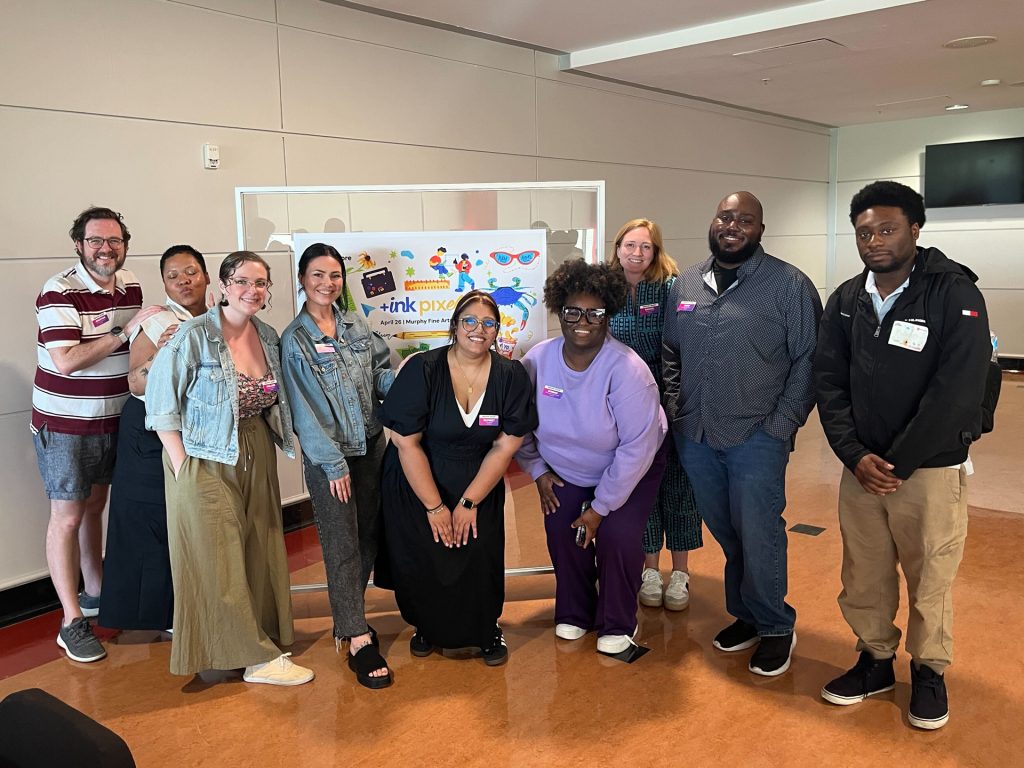I’m old enough to have been an avid fan of Voltron. For you young bucks, here’s a screen shot from the wonderful internet …

(Turns out there may be a movie in the works… if it’s as “off” the original as Speed Racer my favorite cartoon of all times, I’ll pass… anyway)
I was reading a back-issue of Esquire and reading an article where the interview subject, Michael Eisner, discusses what he/she has learned. So, that’s about twenty-five questions of this person’s observations and it got me thinking with the Create Don’t Hate reception upcoming tomorrow and the ever-burning quest to end violence (2/4/10):
“My father never got over his anger about his brother being killed in World War II. That’s one incident sixty years ago. This is happening every day in the Middle East. If you kill my sister, am I ever really going to forgive you? Are my children ever really going to forgive you? So when you have generation upon generation murdering each other, how do you end the unfortunate continuity of evil? It will take more than an intellectual solution. It’s stopping it long enough for a generation to forget.”
It has my wheels turning probably to your dismay that I would shout-out Voltron at this point. I remember one episode back in the Old-School Rap days where on the show, the Voltron forces were about to fight their enemy (Ro-beasts). Well, the force figured out if they didn’t start with an aggressive action the enemy was “programmed” not to fight and in this episode, there was simply no battle. And I thought: genius!!! How could we de-program the cycle of violence by ending the notion of getting back at your enemies.
I mean, really how? I always remember watching The Kung-Fu Action Theatre movies from the seventies and being a bit perplexed by this notion of revenge for my family: “You disrespected my family… I must revenge my father, blah, blah, blah” and being amused, if not perplexed by this notion. But true enough, cultures and not just quaint caricatures from the movie of the week take a sense of respect for real. And it may be the loss of civility as much as anything that perpetuates violence.
This lesson is the one that for me just keeps on giving.
Once, I was coming home with my wife, who needed to use the banister to our then-apartment in Charles Village. There were two dudes sitting on the steps and for the first few seconds they seemed not to plan to move. (The scene that ensued was a snippet from Boyz ‘N The Hood with me castigating them for not getting out of the way.) Well, I took it too far. There was glass on the steps, like someone had clearly just broken a bottle and left the glass. I got so mad, I kicked the glass and all I remembered was the glass rolling down one of the guy’s chest.
Now here’s the thing, I could’ve played it hard but given the situation—despite being their senior by at least five years, me, getting blustery with these guys—could come back on me when I really was focused on them respecting the property and our presence. I apologized, not out of fear, but because many if not most “beef” in the street seems to be the result of a lack of respect for one another. And it’s often on that basis, that people often seek revenge.
So what would happen if we learned to deal with violence in a way that truly de-fuses its need to exist? What would happen if we turned off our instinct for violence, with a notion to a cycle of violence?
Could it happen by just not responding?


